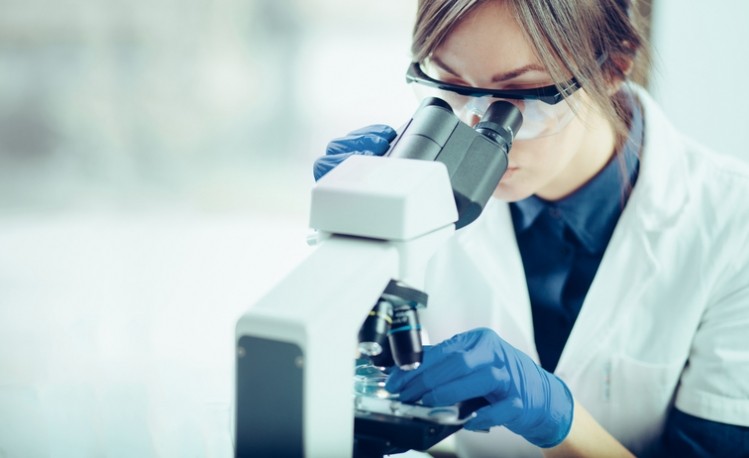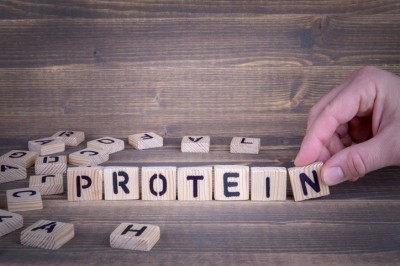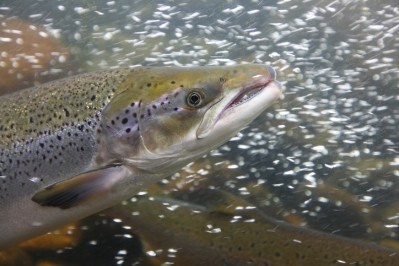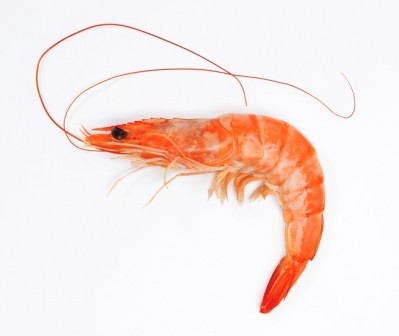US: KnipBio wins grant to explore health boost from novel protein

The Massachusetts-based biotech company announced that it had received a Small Business Innovation Research (SBIR) grant from the National Science Foundation (NSF) last week. The grant covers an exploration of multiple components in KnipBio meal (KBM) to find which are linked to growth and gut biome composition in salmonid species.
The goal of the research project is to examine some of the attributes that KnipBio has found during earlier feeding trials using its novel, single-cell protein, said Larry Feinberg, CEO with KnipBio, Inc. “We need to understand how we play in the sandbox with other ingredients,” he added.
“We see ourselves as a component in feed, we’re just an ingredient, and we need to understand better how we work with soy and other ingredients,” he told FeedNavigator. “And if we can have our ingredients provide better functionality … then they can include more of a cheaper component.”
Early feeding trials showed that adding KBM to diets for some aquaculture species boosted gut health, reduced rates of enteritis and improved morality levels, the company said. The grant supports efforts to find the mechanism involved in allowing KBM to generate those results.
Grant focus
The phase 1 grant gives the company funding and support for about a six-month period, said Feinberg. If the project is successful then there would be an opportunity to apply for a second phase which brings additional financial support.
“It’s a fantastic program – they have a beneficial education program attached to it [so] it is support and training,” he said. “NSF is most supportive of biotechnology and with the platform that we’re developing it’s a natural fit.”
The official start date for the analysis project is July 1, however some work on the project has already started, he said. “It’s always ideal when you submit a grant that you were already going to do,” he added.
“This just helps make things a little easier for us,” said Feinberg.
The company already has some ideas of the components in their protein ingredient that may be interacting with other feed ingredients to improve gut health in salmonids, he said. “Part of the proposal was identifying the candidates.”
The initial examination is focused on work with trout, he said. However, if it is successful there is interest in expanding it to work with salmon and potentially other aquaculture species.
“We definitely think it will help with carnivorous species, but also crustaceans, like shrimp,” he said. “The expectation is that this should have a broad functionality and that’s what we’re out to prove.”
There also is a possibility that the interactions improving gut health could be linked to a boost in fish survival that has been noted in several feeding trials, said Feinberg. “We’re hopefully going to find out.”
“We have this protein with some functionality, but what we really have is a platform of functionality,” he said. “We can identify mode of action, specific molecules of interest and then make a lot more of it – that’s part of the scientific discovery [identifying] leading candidates and then leveraging the biotechnology that we have.”
The effort to better understanding the components of the company’s protein feed ingredient also is part of its focus on producing a feed ingredient specifically for the aquaculture industry, said Feinberg. “Aquaculture, which has hundreds of species – we’re trying to make a dedicated protein that has specific functionality and there’s a newness there.”
Ongoing expansion plans
In addition to the new research project, efforts are ongoing to continue the company’s scale-up efforts, said Feinberg.
“We announced the partnership with ICM less than two months ago and we’re underway,” he said. Technology has transferred into their company – that’s a milestone.”
“Things are scaling up and going well … they’re tracking accordingly,” he said. The two companies announced a yearlong partnership to work on streamlining a commercial-scale fermentation process to generate the single cell protein used in KBM in April.














